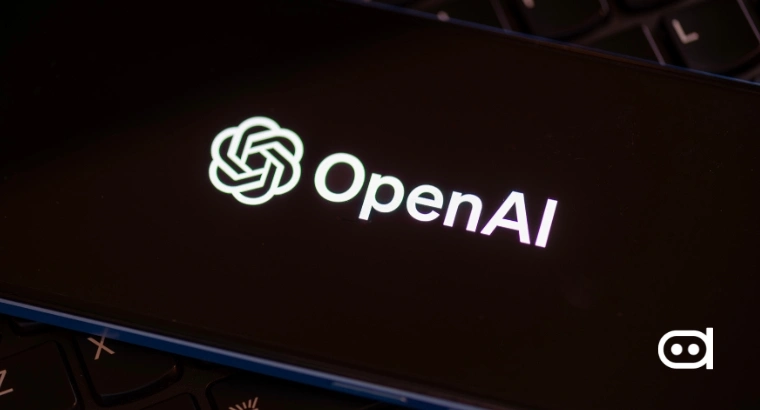
Key Highlights –
- Humain One, an Arabic-first operating system powered by the ALLAM large language model, enables voice-driven computing.
- Launched by Humain, a Saudi AI startup backed by the Public Investment Fund (PIF) and chaired by Crown Prince Mohammed bin Salman.
- The company plans to build 6 GW of data center capacity to support AI infrastructure expansion.
- Humain One reimagines traditional operating systems, replacing icons with spoken commands for a seamless, conversational user experience.
Saudi Arabia’s AI aspirations have reached an important milestone as Humain, an AI startup located in Riyadh and supported by the Public Investment Fund (PIF), launched Humain One, a next-gen operating system based on the Arabic-first ALLAM large language model.
The launch, unveiled at the Saudi-U.S. Investment Forum, positions Humain as a pioneering player in conversational computing, rethinking the interaction between users and computers. The interaction, which was once through icons, menus, and clicks, now allows users to “speak their intent” directly to the computer, turning ordinary commands into smart actions.
“Rather than looking at icons where you click for discrete applications, now you (…) speak your intent,” CEO Tareq Amin said at the Fortune Global Forum in Riyadh.
Constructed For An Arabic-First AI Ecosystem
The support of Humain One on the ALLAM LLM, which is a large language model trained predominantly in Arabic, foretells a strategic move towards linguistic diversity and regional innovation. Though the global tech titans are still in control of the AI infrastructure for the English language, Humain vows to empower the Arabic-speaking individuals and companies with advanced AI through localization.
The system decodes natural language orders to make the computer move towards a more user-friendly human-computer interaction.
It is quite likely that as Humain One gradually gets out to the public that the company will start to focus on cross-platform integrations, upgrading security, and doing customizations for the enterprise. Humain’s Arabic-first initiative, paired with significant government support, might very well be the main driver behind the Saudi’s aspiration to be the leading AI software exporter in the region.
Also read – Chinese Open Source AI Model MiniMax-M2 Just Dropped: Here’s Why It Beats OpenAI, Anthropic
A Vision Aligned with Saudi Arabia’s AI Ambitions
Humain was established in May 2025 and is governed by Saudi Arabia’s Public Investment Fund (PIF) and Crown Prince Mohammed bin Salman. The firm is positioning itself as a pivotal player across the technology spectrum by providing AI services, data centers, cloud infrastructure, and advanced AI models, and at the same time, adhering to the Kingdom’s Vision 2030 strategy of becoming a major source of new technology.
Apart from software, Humain is making a considerable investment in AI infrastructure. Tareq Amin, the company’s CEO, mentioned that the company is going to construct about 6 gigawatts of data center capacity to back its growing range of AI applications and cloud services. Although the exact sites have not been disclosed yet, this would make Humain one of the major developers of AI infrastructure in the Middle East.
The investment is a mirror of Saudi Arabia’s larger strategy to increase the scale of AI research and data capacity, luring global partnerships and investments into the region’s evolving digital economy.
Redefining the Future of Interaction
Humain’s innovation is a clear indication of the global trend that is shifting towards voice-first and intent-based computing, where people communicate with machinery more humanly through spoken language.
Industry experts predict that Humain One can be a game changer for both the computing sectors and the way people interact with computers, as it will lead to faster workflows and better decision-making through the usage of multiple contexts in business, education, and government.











